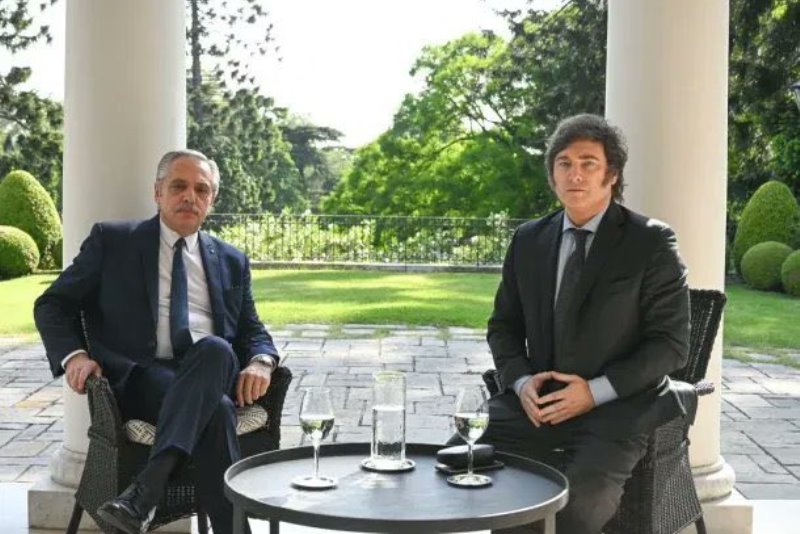Bernardo Arévalo Triumphs: Guatemala Elects Anti-Corruption Leader in Landslide Victory 58% vs 37%

A Turning Point for Democracy: Anti-Corruption Champion Secures Resounding Bernardo Arévalo Triumphs in Guatemala
A political outsider who has vowed to fight corruption won a landslide victory in Sunday’s presidential election in Guatemala — a vote that could mark a turning point for a nation with a faltering democracy.

Bernardo Arévalo’s Remarkable Win
Bernardo Arévalo, an outsider in Guatemalan politics who made a resolute commitment to combat corruption, achieved a historic landslide victory in the presidential election on August 20th.
This significant win could mark a pivotal moment for a nation grappling with a fragile democracy.
Arévalo’s Pledge to Tackle Corruption Resonates with Guatemalans
The anticipation surrounding the Guatemalan elections wasn’t solely about whether Bernardo Arévalo would emerge victorious, but also if he would be permitted to govern.

Prosecutors unsuccessfully attempted to suspend his party after he unexpectedly finished as the runner-up in the initial round of voting on June 25th. Both U.S. and European Union officials, alongside the Organization of American States, urged the government to ensure a fair election.
Implications Beyond Borders: Guatemala’s Role in U.S. Migration and Drug Trade
The implications of this election extend beyond Guatemala’s borders. The country is a significant source of irregular migration to the United States and plays a crucial role in the transit of Colombian cocaine destined for the U.S. market. The Biden administration has emphasized the need to address corruption and promote the rule of law in Central America as a means to curb migration.
However, Guatemala, like Nicaragua and El Salvador, has seen a decline in democratic institutions, including an independent judiciary.
The Political Landscape Shifts: From Conservative to Social Democrat
Arévalo’s victory signifies a shift in Guatemala’s political landscape, transitioning from predominantly conservative leadership to a social democrat. Nevertheless, he faces numerous hurdles. Prosecutors are still seeking to strip his party of its legal status, citing irregularities in its registration in 2018. Additionally, his party is under investigation for alleged vote-counting violations in the first round, charges Arévalo has vehemently denied.
Challenges Ahead: Legal Battles and the Struggle for Reform
President Alejandro Giammattei acknowledged Arévalo’s victory, even though Torres did not immediately concede. He extended an invitation to Arévalo to the presidential palace, aiming to facilitate a smooth transition. Despite his popularity, Arévalo may face challenges in passing his reforms due to his party’s minority status in Congress, holding only 23 out of 160 seats. The relatively low voter turnout, with only 45 percent of eligible voters casting their ballots, reflects the lack of confidence in the government among the populace.
Voter Turnout Reflects Skepticism in Guatemalan Government
While rural areas remained pivotal in the election, Torres and her National Unity of Hope party maintained a robust presence there. Nonetheless, turnout in the countryside appeared lower on Election Day, as rural voters typically engage more actively in the first round of presidential voting, where they also select mayors and members of Congress.
In conclusion, Bernardo Arévalo’s resounding victory as an anti-corruption champion offers hope for Guatemala’s future. However, the path ahead is fraught with challenges, including legal battles and the need for meaningful reforms.
As Guatemala navigates this critical juncture, its implications extend far beyond its borders, impacting migration patterns and international efforts to combat corruption in the region.
fuente: metrosk.com






